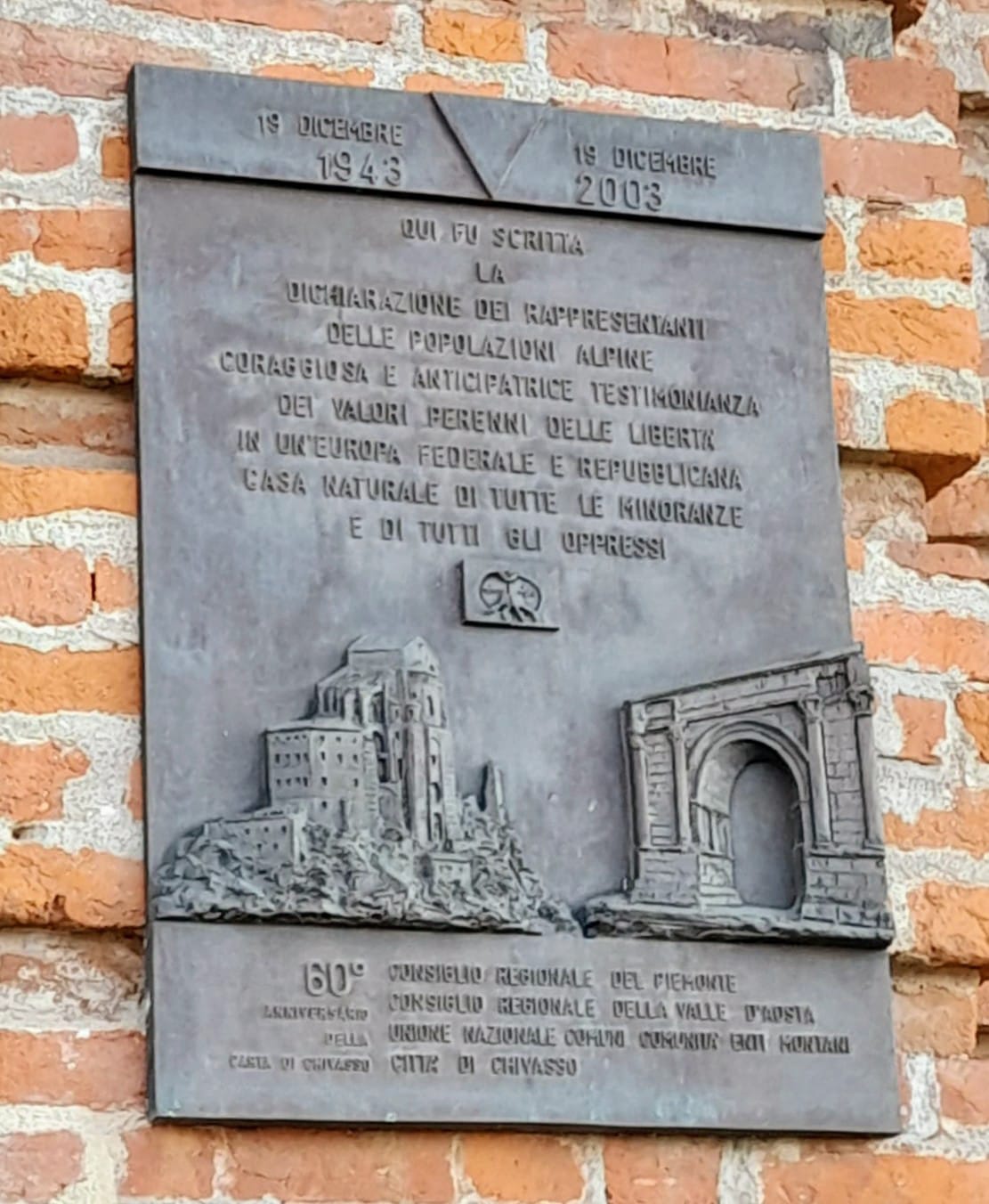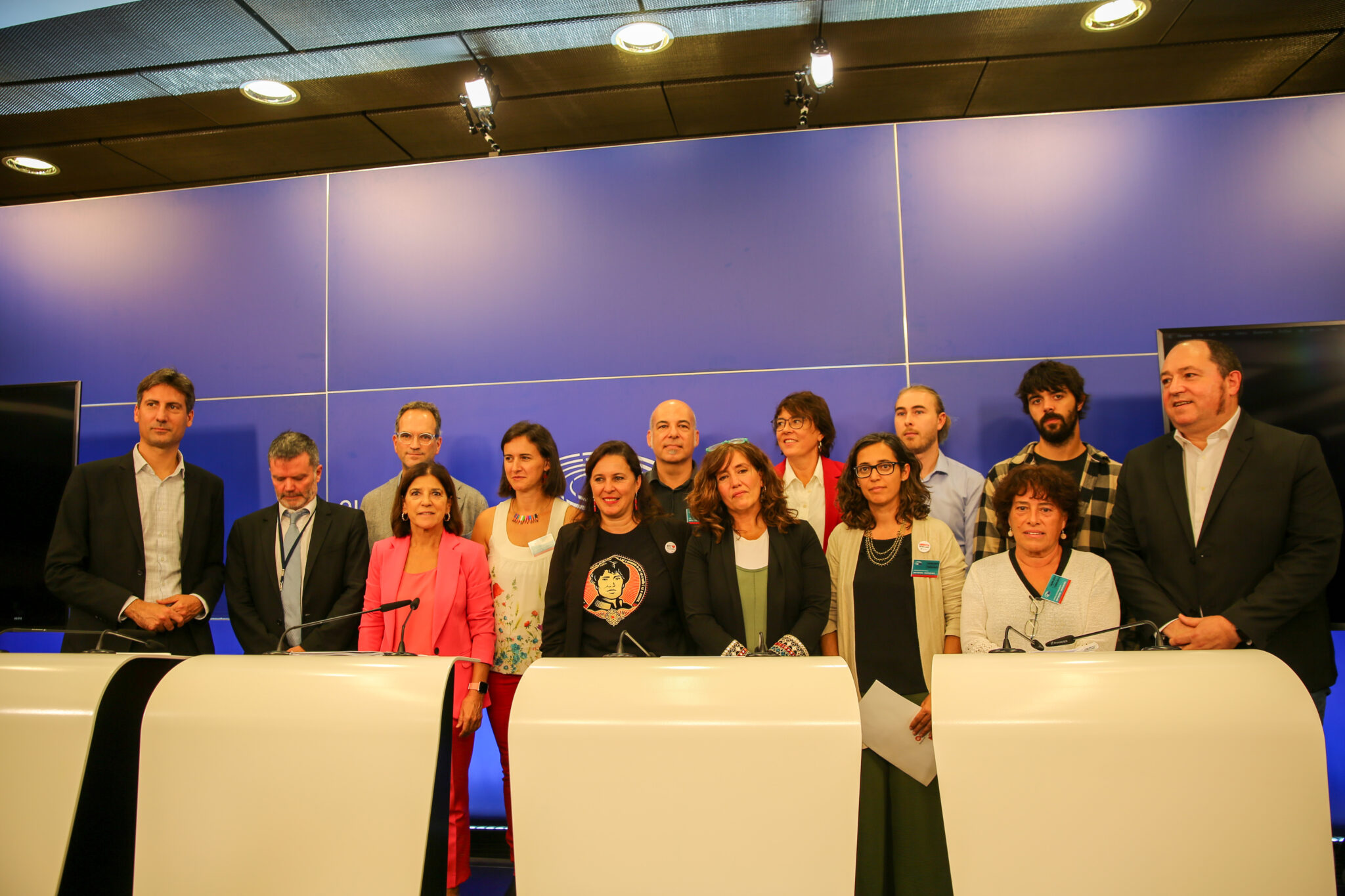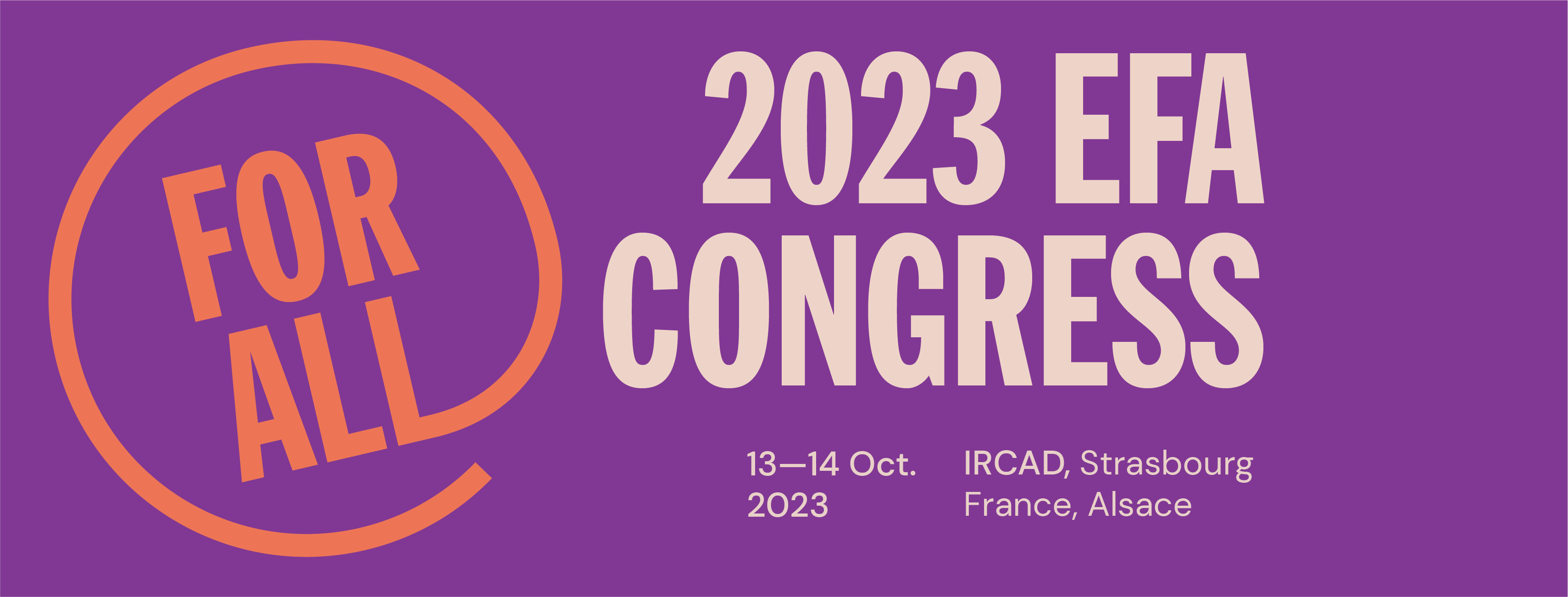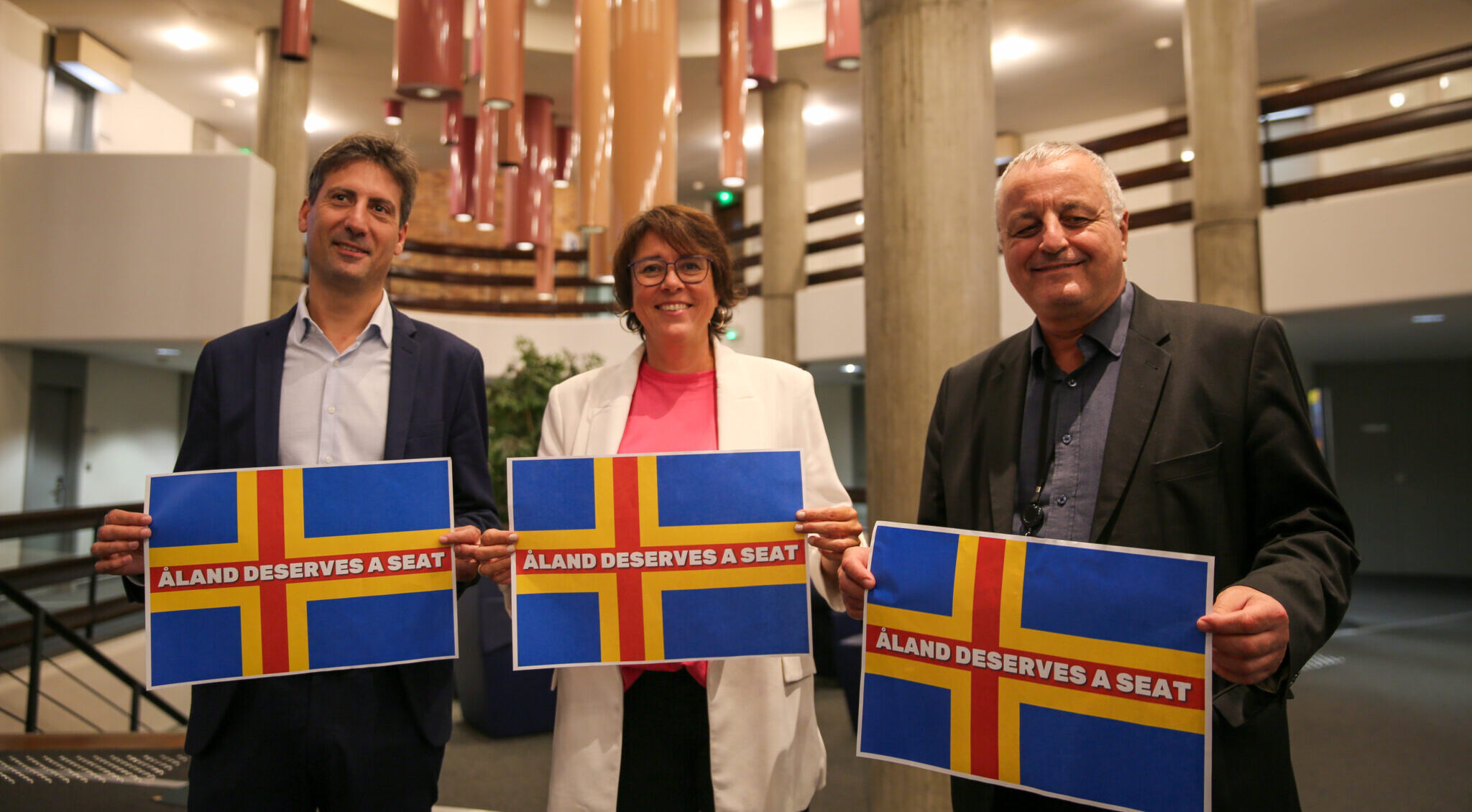Molac’s Law and Regional Languages: A Case Study for Europe
On 8 April 2021, the French National Assembly approved the ‘Molac’ Law: an opposition bill to protect and promote regional languages. With 51% of the French population speaking a different language at home than French, the lack of regional language protection until now may be startling to some. How did Paul Molac and other regional language supporters overcome both a lack of legal protection and a centralist, monolinguistic culture? And what can be taken from this victory for others across Europe who fight for linguistic diversity?
The history of regional language protection in France has been a legal and cultural struggle. Legally, no law on regional languages has been adopted since the Deixonne Law of 1951. While the Deixonne Law gave formal recognition in education to four languages – Breton, Basque, Catalan, and Occitan – teaching of the languages was strictly optional and not encouraged in any meaningful way. However, the largest obstacle is entirely cultural. A single official language is a strong marker of national identity: one that the French government has stubbornly defended since the Jules Ferry laws of 1882. Educational monolingualism has been the priority of the French government for over a century, discouraging both the education, and use of, regional languages.
Unsurprisingly, this mindset of monolingualism provided a significant number of challenges for Molac’s law. While President Macron had promised to support regional languages during his election campaign, his Minister for Education strongly opposed the law, claiming France had already “found the right balance” between regional languages and French. Yet, despite the official opposition of Macron’s party, approximately 100 MPs rebelled to vote in favour of the law. The grand mutiny of Macron’s MPs led to the bill passing with significant support: 247 MPs for, 76 against, and 19 abstentions.
There are three significant consequences of the bill. Firstly, schools can now fully teach in regional languages: previously, the maximum that a public school could offer was an even split between French and the chosen minority language. Secondly, community-run schools will receive greater funding through the municipalities where the pupils live, not only where the school is located. Thirdly, the law will authorise the use of ‘diacritical marks of regional languages’ in civil status acts: children can finally be given names with regional language diacritics.
While the law is promising, the fight is far from over. Turning legislation into practical change, particularly in a country with such a cultural emphasis on monolingualism, is the next step. Already, 60 MPs have written to President Macron asking for it to be withdrawn on constitutional grounds. Yet, there is plenty to take from the case of Molac’s law. It is impossible not to view the passing of the bill as a kind of David vs. Goliath victory; an underdog win against the adversary state. While campaigners have called for this law for decades – and change came slowly; it offers hope to those across Europe who, too, have campaigned all their lives. Molac’s law is the light at the end of the tunnel for regional language campaigning: a much-needed glimmer of hope for campaigners who often work tirelessly for little pay-off.
After the vote, Molac and his colleagues from Brittany gathered on the steps of Palais Bourbon, where the Assemblée nationale meets, to sing a rendition of Brittany’s anthem Bro Gozh ma Zadoù (land of my fathers). As they sing proudly on the steps, Europe watches: and many wonder when they will have the chance to sing too.

![[UPDATE] EFA expels Latvian Russian Union](https://e-f-a.org/wp-content/uploads/2023/04/blue-gae9f38ab3_1280edited.jpg)









